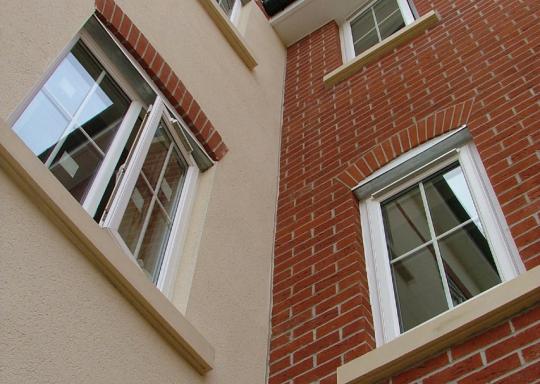Social Housing Rents to jump by up to 7%
Introducing his decision to cap rent at 7%, Mr Hunt said it was about protecting the most vulnerable as "difficult choices are not just meant to make accountants happy". He explained that with the current inflation rate set by the Consumer Price Index (CPI), current proposals could have seen rent hikes of up to 11%. Mr Hunt said the changes would affect four million social housing tenants.
Campaigners have already warned that housing association tenants and residents are considering a mass non-payment of increased rents and service charges unless the government imposes a freeze across the board. This will also affect those who do not have their rent covered by housing benefit. With many having to to find the extra money from income whilst also paying for additional energy and food costs.
The Social Housing Action Campaign urged the government to freeze social and shared ownership rents and service charges for 2023-24. It argued that any increase risks worsening poverty and homelessness amid the cost of living and energy crises.
Mikey Erhardt from Disability Rights UK said:
"No other group of people is as reliant on the social housing sector as Disabled people. A quarter (24.9%) of us rent social housing, compared to 7.9% of non-disabled people. Across all tenure types, we experience inaccessible homes, huge rates of disrepair, hazardous homes and poor behaviour from landlords.
When will we stop having to subsidise the increased costs of landlords and housing associations? All of our bills have only increased during the crisis, and we are paying more and more for less and less. Will these increased rents make our homes more accessible? Will social landlords use this additional income to retrofit our homes, so they are warm this winter?
The new government's first big decision on housing should have seen radical action taken to tackle the housing emergency. The government could have frozen rents and service charges for all and provided the additional funding needed to make our houses more accessible, adaptable and energy efficient. Instead, they continue to fuel the flames of this crisis, pushing more and more Disabled people into rent arrears as their costs become too much to handle. Clearly, our system is broken, and Disabled people deserve change."


